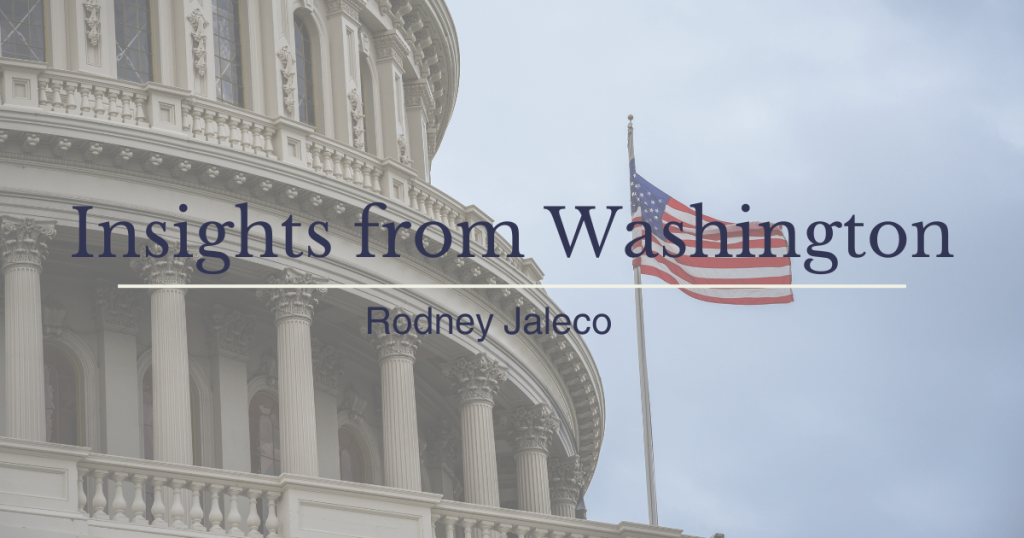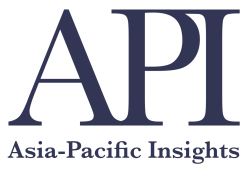Convergence of threats, convergence of responses

By Rodney Jaleco | Date 06-10-2024
WASHINGTON D.C. — In his address at a recent Singapore forum, US Defense Secretary Lloyd Austin harped on “convergence” as a new and growing security paradigm worldwide.
“We are witnessing a new convergence around nearly all aspects of security,” Mr. Austin declared at the International Institute for Strategic Studies Shangri-La Dialogue (IISS-SLD), a yearly security forum held at the noted Singapore hotel attended by top defense and security executives from various countries including the US and China.
“This new convergence is about coming together…It isn’t about imposing one country’s will; it’s about summoning our sense of common purpose. It isn’t about bullying or coercion; it’s about the free choices of sovereign states,” he averred.
Philippine President Ferdinand Marcos Jr., delivering the keynote address last May 31, focused on the importance of upholding international law and the role of the 10-nation ASEAN.
“In the West Philippine Sea, we are on the frontlines of efforts to assert the integrity of UNCLOS as a Constitution of the Oceans,” he said.
“We are not only unyielding in protecting our patrimony, our rights and our dignity as a free country,” he stressed, adding “We are also firm in our commitment to regional and global peace.”
Ukrainian President Volodymyr Zelensky joined the forum on his way to a visit to Manila where he thanked Marcos Jr. for his administration’s support for Ukraine as it continues to fight off the Russian invasion and expressed solidarity with the Philippines’ struggles against China, a key Russian war ally, in the West Philippine Sea.
The meeting in Manila seemed to highlight the intertwining nature of conflict on opposite sides of the world – the full-blown war in Ukraine and the “gray zone” clashes raging in the South China Sea and across the Taiwan Strait.
The “no limits” Moscow-Beijing alliance has helped buoy the Russian war effort after experiencing embarrassing setbacks in the wake of their failed February 2022 invasion.
Russia’s Putin has sought the help of Iran and North Korea, the primary source of suicide drones and artillery ammunition.
China, however, provides unmatched assistance – from computer chips essential for rebuilding its weapon stocks to a market for Russian crude, a key source of export revenue that’s been subjected to massive sanctions in much of the West.
Vice President Kamala Harris will fly to Lucerne, Switzerland, on June 15 to attend the Summit on Peace in Ukraine.
In Singapore, Mr. Zelensky accused Russia and China of plotting to sabotage the peace summit by convincing countries against participating.
After the Zelensky visit, President Marcos said he would attend the Lucerne meeting in a further sign of how the tensions in Europe and Asia now appear to be joined. So far, 106 countries have reportedly signified their intention to attend.
Security experts believe that China’s Xi Jinping – who has vowed reunification with Taiwan, through invasion if necessary – is looking closely at how Russia fares in Ukraine.
The US has been stepping up preparations to help defend Taiwan if needed, providing billions in military aid and expanding training exercises with allies in the region, including the Philippines, that will likely be a vital logistics hub in a war.
The increasingly symbiotic relationship between Beijing and Moscow underscores the imperative for a collective, global response.
Alliances and partnerships, Mr. Austin averred, are America’s “greatest global strategic advantage,” so the challenge for the US and its allies is to find their points of convergence to preserve that edge.
Tags: Security
